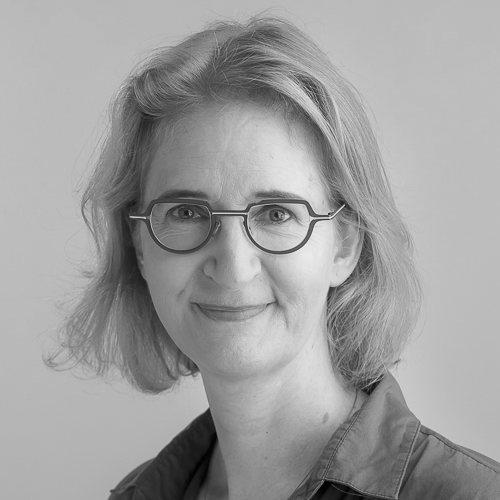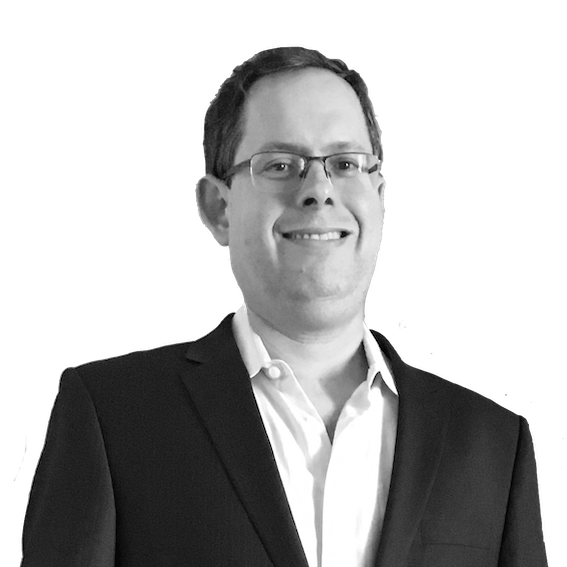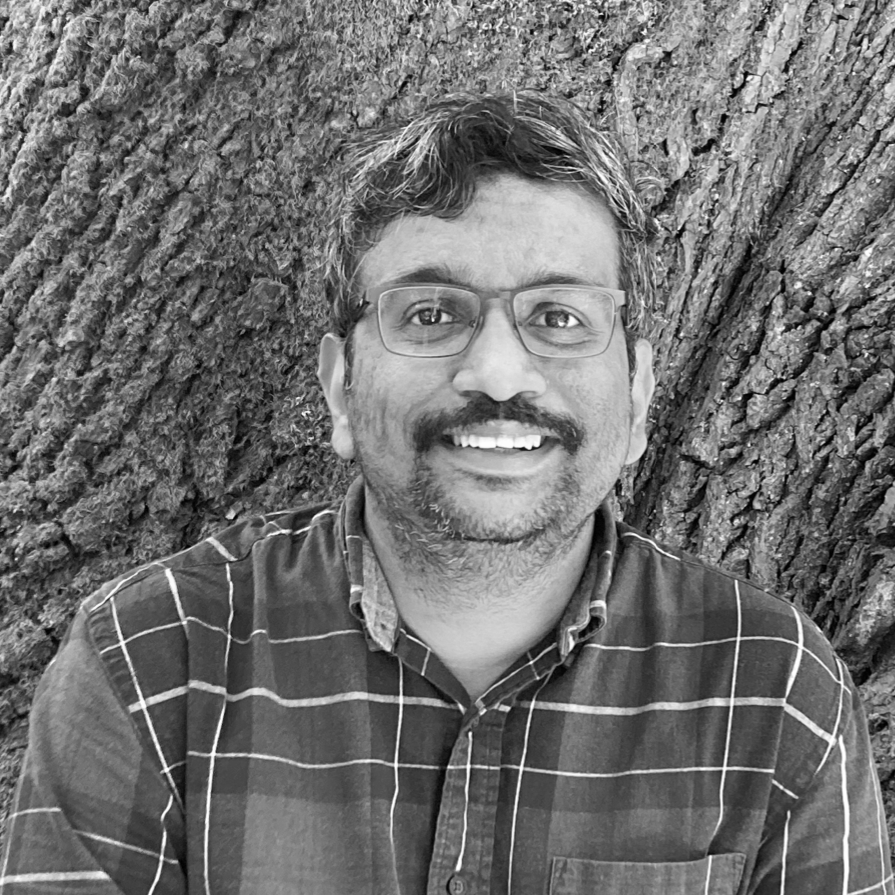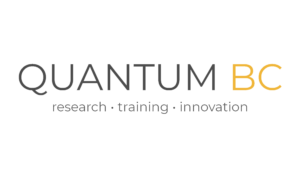PEOPLE
The people listed below reflect the Quantum Computing research community within universities and research institutes across British Columbia in Canada.
Daria Ahrensmeier
Position: Lecturer
Categories: Graduate Research Training Program, K-12 Outreach and Diversity, SFU, Undergraduate Training
Location: SFU
Daria obtained her PhD in theoretical physics from the University of Bielefeld, Germany, and started specializing in physics education and educational development while doing postdoctoral work in non-equilibrium quantum field theory and adiabatic quantum computing.
She (co-)created and taught lecture courses, labs, studio physics materials and labatorials for students in physics, engineering, mathematics and other programs at universities in Canada and Germany. As collaborator or co-PI on several Teaching and Learning Development Grants, she has studied the effectiveness of those instructional designs and shared the findings in publications and at conferences. As educational developer, Daria worked with over a hundred faculty members across SFU on curriculum review, program development, and teaching best practices, and collaborated on institution-wide teaching and learning initiatives.
Daria recently joined the Department of Physics at Simon Fraser University as Teaching Faculty Member and looks forward to further advancing physics and quantum education. For Quantum BC, she serves as the Chair of the Education Committee and has been collaborating on the development, implementation and assessment of workshops and courses. She is also the Chair of the Division of Physics Education (DPE) at CAP (Canadian Association of Physicists) and an Associate Editor for the Canadian Journal of Physics, and has helped set up the Quantum Algorithms Institute in BC.
Daria Ahrensmeier
Lecturer
Daria obtained her PhD in theoretical physics from the University...
Nadish de Silva
Position: Assistant Professor
Categories: Algorithms, Fundamental Theory, SFU, Undergraduate Training
Location: SFU
Dr Nadish de Silva is a Canada Research Chair in the Mathematics of Quantum Computation and an Assistant Professor in the Department of Mathematics at Simon Fraser University. His research interests include quantum information and computation; nonlocality and contextuality; and operator algebras and noncommutative geometry. He is keenly interested in helping to elucidate the structural origins of computational and communicational advantages in both concrete quantum models and abstract postclassical models. These questions sit at the foundations of logic, computer science, and physics, and involve disparate areas of maths: e.g. algorithms and complexity theory, functional analysis, number theory, and category theory.
Nadish previously worked at the Centre for Quantum Information and Foundations in the Department of Applied Mathematics and Theoretical Physics (a part of the Centre for Mathematical Sciences) at the University of Cambridge, in the group of Richard Jozsa FRS. He was a member of King’s College.
Prior to this, he worked in the Department of Computer Science, UCL as the Researcher Co-Investigator of the EPSRC-funded project Contextuality as a resource in quantum computation: a collaboration between UCL and the University of Oxford headed by Simone Severini and Samson Abramsky FRS.
Dr. De Silva spent a semester as a Visiting Scientist at the Simons Institute for the Theory of Computing at the University of California, Berkeley. Previously, he completed his DPhil in Computer Science in the Quantum Group (Logic, Foundations, and Structures), supervised by Samson Abramsky FRS and Bob Coecke, as a Clarendon Scholar at Merton College, University of Oxford. He completed his MSc in Mathematics and BSc in Mathematics and Physics at the University of Toronto where his supervisor was George Elliott FRSC. In Toronto, he was a Visiting Member of the Fields Institute for Research in Mathematical Sciences, supported by NSERC Undergraduate Student Research Awards.
Nadish de Silva
Assistant Professor
Dr Nadish de Silva is a Canada Research Chair in...
Rogério de Sousa
Position: Associate Professor
Categories: Algorithms, Graduate Research Training Program, Photonics, Quantum Hardware, Spins in Si, Superconducting, Undergraduate Training, UVic
Location: UVic
Prototype “noisy” quantum computers based on several different technologies are now accessible over the cloud. However, the level of noise is often 10-100 times higher than the error correction threshold, hindering demonstrations of quantum advantage over conventional computers. The de Sousa research group is addressing this problem in both the hardware and software fronts. In hardware, the group is developing theory to elucidate the origin of noise and decoherence in the materials and devices used to build quantum computers. These theories are being compared to experiments at universities and companies around the world. In software, the research group is developing algorithms to benchmark and mitigate noise, and is using these findings to improve the output of quantum algorithms in cloud-based devices.
Rogério de Sousa
Associate Professor
Prototype "noisy'' quantum computers based on several different technologies
Sajin Koroth
Position: Assistant Professor
Categories: Fundamental Theory, Graduate Research Training Program, Undergraduate Training, UVic
Location: UVic
I am a theoretical computer scientist interested primarily in complexity theory, circuit complexity (including quantum circuits), communication complexity, quantum information theory, and interconnections between these subjects. My work in quantum computing is in quantum information theory and focused on understanding the structure of problems where quantum computation models with few quantum gates can achieve provable exponential speed up over classical computing.
I am currently an assistant professor at the department of computer science at UVic. Earlier I was a postdoctoral researcher at Simon Fraser University, hosted by Valentine Kabanets and Igor Shinkar. Before that, I was a postdoctoral fellow at the University of Haifa hosted by Or Meir. During this time, I attended the Simons program on Lowerbounds in Computational Complextiy at University of California, Berkeley as a visiting postdoc. I completed my Ph.D. (thesis, joint winner of IBM India Outstanding Ph.D. Thesis Award) from Indian Institute of Technology, Madras under the guidance of Jayalal Sarma.
Sajin Koroth
Assistant Professor
Sajin is a theoretical computer scientist interested primarily in complexity...




